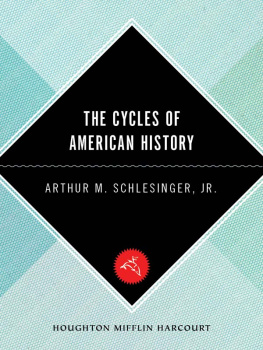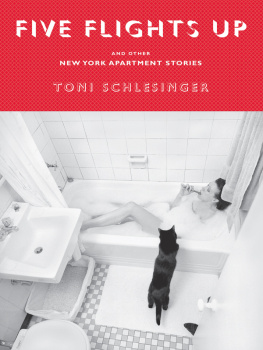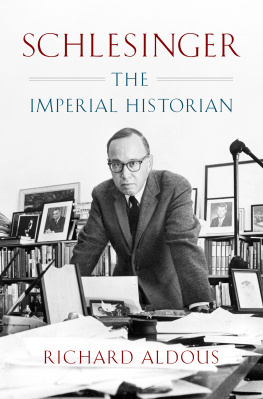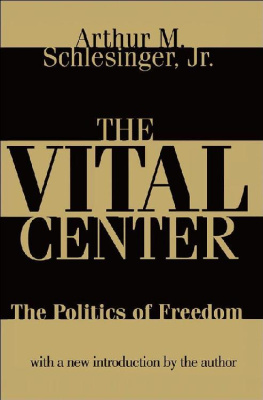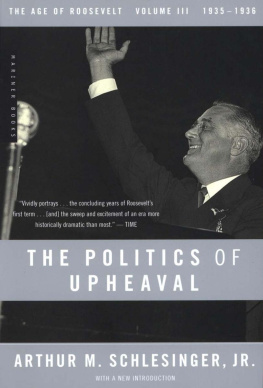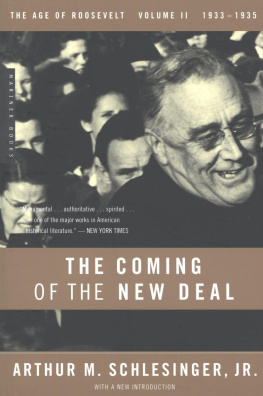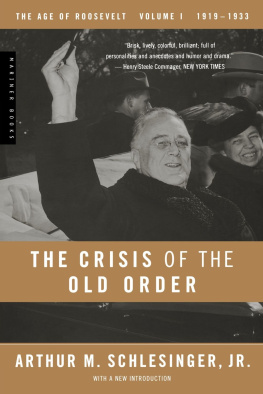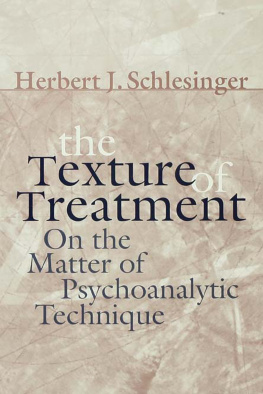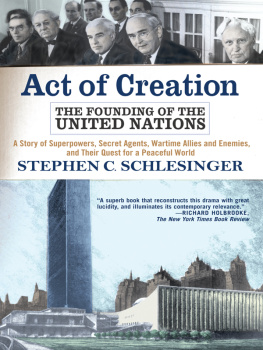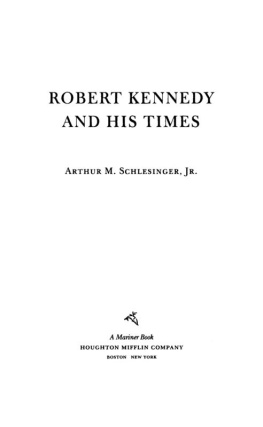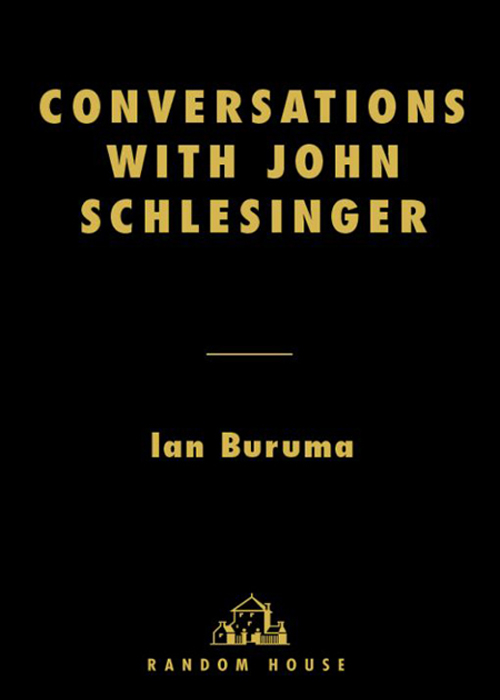

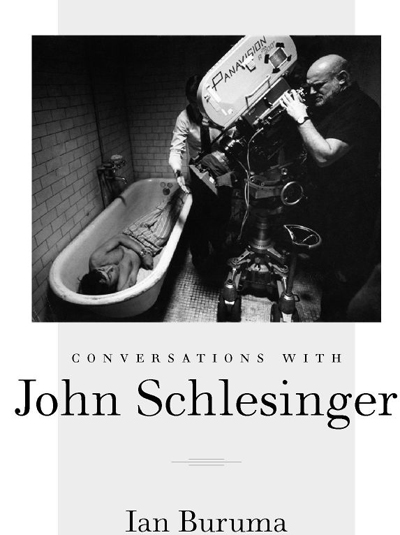
Table of Contents
For Isabel
INTRODUCTION
John Schlesinger, born in London in 1926, was my mothers elder brother. My grandparents, the children of German-Jewish immigrants, were in many ways typical of their class in the north London borough of Hampstead: cultivated, musical, comfortably well-off, and highly assimilated in their corner of British society. The arts were taken seriously. All their five children were required to play a musical instrument and, if possible, become very good at it. John played the piano but failed to shine. Perhaps his early childhood ambition to become a cinema organist came out of this. He was mesmerized by those glamorous figures, bathed in light, who rose from and then descended into the orchestra pit on a hydraulic lift before the main entertainment.
John was the ideal bachelor uncle, ready to share stories and jokes even with the youngest family members, which made us feel included in a kind of conspiracy of fun. My earliest memories of him were of his conjuring tricks and his imitations of sinister German accents or the queen of Holland. The conspiracies of fun, when I grew up, mostly took place in St. Mary Woodlands House, my grandparents old vicarage in rural Berkshire, where the family gathered for weekends and holidays. Later, they continued in a more adult fashion in London, L.A., New York, Delhi, Tokyo, or wherever our paths happened to cross, which was often.
I suppose I must have been aware that John was an artist from a very early age. Apart from doing conjuring tricks, he spent a lot of time, inside the house and out, taking photographs of us with his Rolleiflex. Some of these picturesof me, raking the leaves, aged about five, fully nudeshow a now almost quaint lack of inhibition, which would surely be frowned upon in our more puritanical times.
John received the kind of education that most members of the British upper-middle class have had to endure: private boarding schools from the age of eight and an endless regime of cold baths and games. No good at sports, John hated his time at an institution that prized sportsmanship as the highest masculine virtue. His father had hoped the school would make a man of him. Perhaps in a way it did. John told me that his homosexual inclinations were the one thing that put him in the mainstream of school life.
This was followed by more than two years in the army, for which he was as unsuited as he was for life at a spartan boarding school. But he found respite in the entertainment division, where his talent for conjuring and directing bawdy reviews, featuring drag acts and the like, made him feel more appreciated. His first real taste of serious drama, however, came at Oxford University, where he read English literature at Balliol College from 1947. Though hardly cut out for scholarship, he got valuable theatrical experience as an actor and director in the Oxford University Dramatic Society.
It was also while at Oxford that John made his first film, Black Legend (1948), together with his friend Alan Cooke. With money from his grandmother, they got family and friends to act in the dramatization of a seventeenth-century case of adultery and murder. This film, already shot through with Johns dark sense of humor, was technically accomplished enough to be shown to Dylis Powell, the Sunday Times film critic, who spotted an unusual talent and praised the directors enterprise.
After university, John started out as an actor, with modest success. We saw him on television once in a while, usually in small parts: a German sailor in a forgotten war movie by Michael Powell about the sinking of the Graf Spee (with Peter Finch as the captain); a horse thief in Ivanhoe (starring a roguish Roger Moore in tights), one of Robin Hoods Merry Men; and more in that same vein. He was a bit of a ham, which appealed to us children, but might have hampered his career as an actor.
John rather cherished his memories of playing dames in Christmas pantomimes. I cannot recall seeing him in any of these roles, but I have been told that he appeared as a dame on the night I was born. This performance in December 1951 took place in a provincial theater with a leaking roof. Family lore has it that the rain came pelting down on the pianist, a French friend of Johns, but this is by the by.
I can remember, albeit with extreme vagueness, the first time I saw John making a film, because I was in it, with my sister, Ann. I have a photograph from this short film, entitled Sunday in the Park. It shows me, aged about four, pushing my sister through Kensington Gardens in a pram. This film, shown on BBC Television, was considered a failure by John, who never wanted it to be seen again.
In a sense, whether he was making a film or not, one always felt a little as if one were performing for John. He liked to be entertained, amused, stimulated. One soon knew when he was not, for his mind would drift off to somewhere far awaya script, a story idea, a fantasy, often (as he confided to me much later in life) to do with sex. Perhaps this, more than the Rollei or the magic wand, was the main sign of his artistic temperament. He would be there, listening, smiling, watching, and yet he wasnt always there. Not that much escaped his attention, or his gaze, but he had the art of taking everything in without necessarily listening. It was as if he soaked up life around him, almost by osmosis, like some watchful animal. If something struck him as particularly entertaining, he would snap it up like a juicy morsel for his private delectation, to be regurgitated at some later date, in a movie perhaps or simply as a story to be retold for the amusement of others. One always longed to be the producer of such juicy morsels. One seldom succeeded.
Even though I vaguely remember the shooting of Sunday in the Park, it was too early to think of my uncle as a film director. I was too young and John too new in his chosen career. His first real success as a filmmaker came with Terminus in 1961, a documentary about Waterloo Station. Aside from Sunday in the Park, he had already directed short documentaries for BBC Television and worked as a second-unit director on feature films, but Terminus was made for the cinema and won the Golden Lion award at the Venice Film Festival. This was the true launching pad of his career as a film director. The following year, the producer Joseph Janni asked him to direct A Kind of Loving, starring Alan Bates. It won the Golden Bear in Berlin.
Written by Keith Waterhouse and Willis Hall, A Kind of Loving was part of the British new wave of films and plays about the working class, mostly set in the industrial north, known as kitchen-sink drama. John, whose own milieu was as far removed from this world of rebellious miners sons as it was from the lounge lizards and pipe-smoking RAF aces that dominated British cinema and stage before, tagged on to the kitchen-sink school without the leftist political convictions of some of his peers, such as Lindsay Anderson and Tony Richardson. Instead, he gave these gritty stories a humanist touch, somewhat akin to the Italian neorealists. John always stressed to me how much he loved human films: Truffaut, Satyajit Ray, Kurosawa, and De Sica were his heroes. This idea of humanity was often dismissed by his kitchen-sink colleagues as wishy-washy bourgeois liberalism. But it is precisely what gave such films as
Next page

